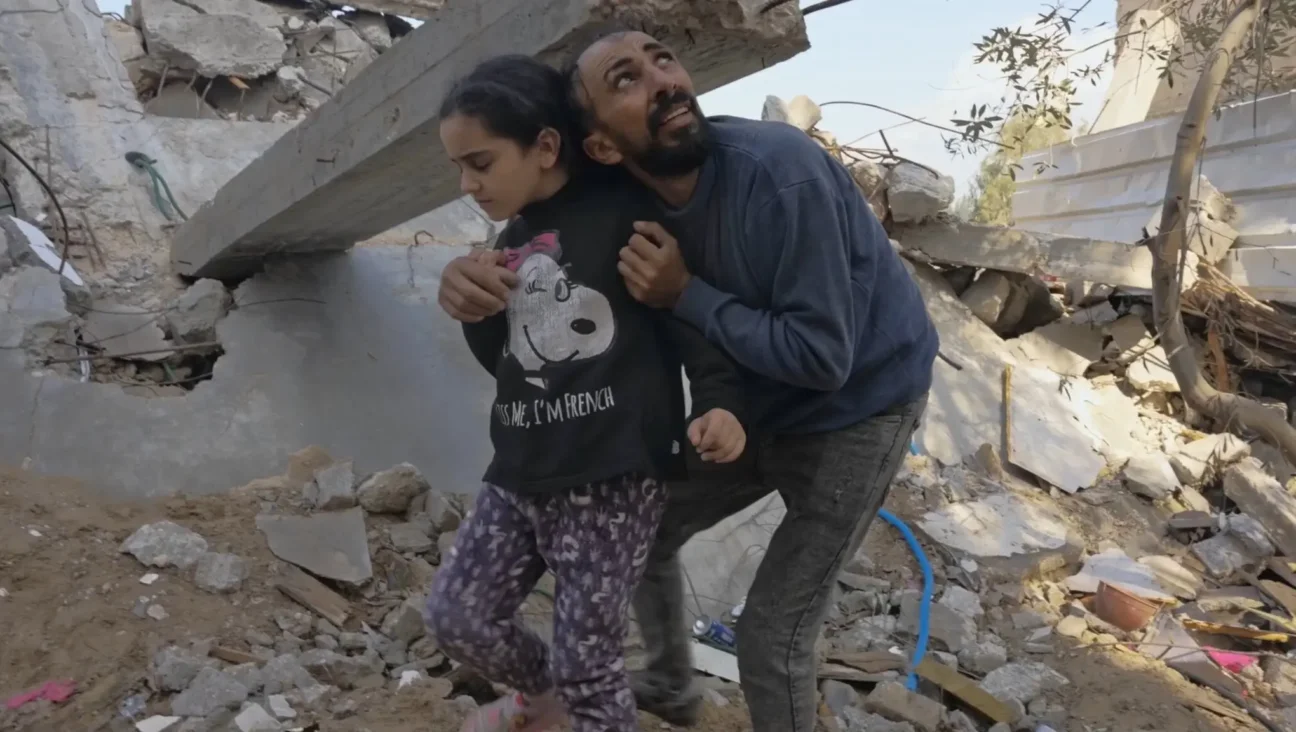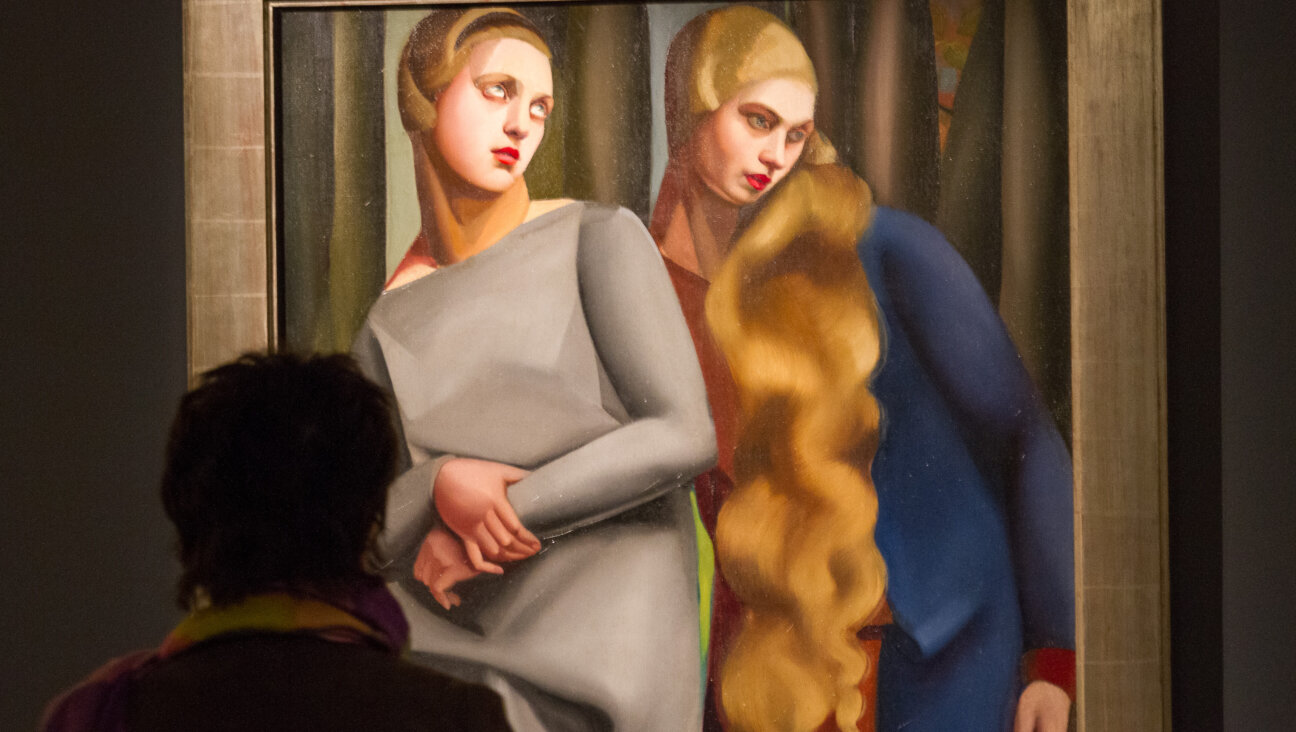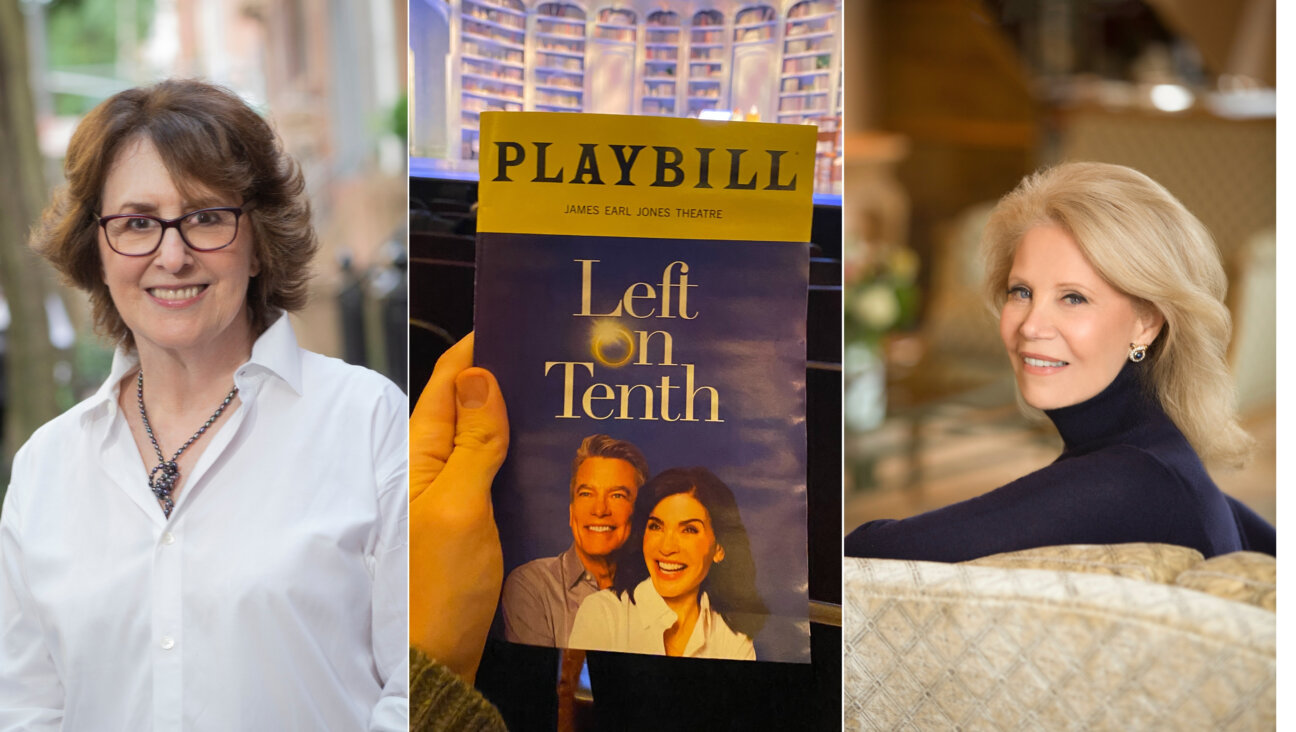Survivor Uses Her Life as a Teaching Tool
Ice cream is what Gerda Weissmann Klein remembers most about birthdays during her youth in Bielsko, Poland.
In those days, ice cream was made by hand only in the summer, and every year Klein’s mother made the first batch of the season in her honor. By early May, the lilacs were in bloom, but a chill remained in the air, and so, at her mother’s request, Klein ate the ice cream while wearing a scarf.
This tender anecdote — one of many that Klein tells about the happy times her family shared before the Nazis invaded Poland — is included in a new Holocaust curriculum jointly produced by the Southern Poverty Law Center and the Gerda and Kurt Klein Foundation.
The educational kit, titled “One Survivor Remembers,” is largely based on the 1995 Academy Award-winning documentary of the same name and, like that film, focuses primarily on Klein’s life story.
Teachers receive “One Survivor Remembers” in the form of a box of information and materials. Included is a copy of the documentary; a 50-page teacher’s guide including discussion questions and lesson plans, and a resource booklet that contains historical timelines, additional information sources and guidelines for teaching about the Holocaust. There are also copies of letters and photographs dating from Klein’s childhood and the war.
The goal, according to Klein, is to teach about the Holocaust by stressing not the overwhelming horror of that era, but rather the humanity of its victims and survivors.
“I’ve never believed that it is a way to teach about the Holocaust, to sit an impressionable young child in front of the television or the movie screen and show the atrocities and say, ‘This happens to Jews,’” Klein said in an interview with the Forward. “The obvious reaction will be, ‘I don’t want to be Jewish,’ you know, and that is nobody’s fault — the subject is so gruesome, there are no words for it.”
Klein was just 15 years old when the Nazis invaded Bielsko in 1939. Ultimately, she endured nearly three years in concentration camps and a six-week death march at the end of the war, after which fewer than one in five women remained alive. She weighed just 68 pounds, and had white hair, when she was liberated by American army officer Kurt Klein, who was born in Germany and fled to escape Nazi persecution, leaving his parents behind. He would become her husband.
Klein has been speaking and writing about her childhood in Poland and her ordeal during the war since arriving in the United States in 1946. Her first memoir, “All But My Life,” was published in 1957; it served as the basis for “One Survivor Remembers” and remains in print.
“Feel free to ask any questions,” said Klein, 81, on the phone from her home in Phoenix. “You know, even if you feel it might be painful or what have you, because, you know, I’m sort of in the very late autumn of my life and would like to leave as much behind as I possibly can on the subject.”
She added, “Survival is a great privilege, but it’s also a very deep obligation.”
The stories that Klein is most eager to tell involve the beauty and humanity that survives even in the darkest of hours, and these details fill the “One Survivor Remembers” curriculum: The winter boots her father ordered her to wear before he was taken away in June 1942, the boots that would save her life during the long weeks of marching in the winter of 1945. Her mother’s last words to her — “Stay strong.” The German camp supervisor who saved Klein’s life by dragging her to the factory when she was too ill to move. Her childhood friend, Ilse, who endured the camps with Klein and, one summer day, presented her with a freshly picked raspberry, plucked through the barbed wire.
The curriculum brings these stories alive, not only through the documentary, but also through an envelope filled with documents culled from Klein’s archives. The envelope itself is a facsimile of the airmail letter that her mother sent to an uncle living in Turkey during the war. Inside are authentic-looking duplicates of primary documents — not only the yellow star the Nazis made her wear, or her temporary identity card, but also photographs of her family, friends and house before the war, and love letters that she and Kurt wrote to each other in 1946, shortly after the war ended.
According to the Southern Poverty Law Center, which helped produce the curriculum as part of its Teaching Tolerance program, more than 35,000 kits have been distributed to teachers in both public and private schools since it became available last year in mid-September. The Center expects to send out 100,000 over the next two years.
After years of visiting schools around the country in person — including extensive work with students in Littleton, Colo., after the shooting at Columbine — Klein hopes “One Survivor Remembers” will not only keep the memory of the Holocaust alive, but also encourage students to help alleviate suffering within their own communities.
Often, she said, children ask her what it was like to win the Academy Award, and she tells them, “It was nice, but it was not the highlight of my life.”
Instead, she focuses on the seemingly smaller events that make up her life, like the berry plucked by Ilse, who did not survive the war. That brief moment of kindness has stayed with Klein for six decades, and it has been preserved for all to see as the subject of an etching on the New England Holocaust Memorial in Boston.
“You know Saddam Hussein was crumpled into the dust and there’s no memorial to Hitler,” she said, “but there is a memoriam in Boston on hallowed ground about a little girl who gave me a raspberry.”
A message from our Publisher & CEO Rachel Fishman Feddersen

I hope you appreciated this article. Before you go, I’d like to ask you to please support the Forward’s award-winning, nonprofit journalism so that we can be prepared for whatever news 2025 brings.
At a time when other newsrooms are closing or cutting back, the Forward has removed its paywall and invested additional resources to report on the ground from Israel and around the U.S. on the impact of the war, rising antisemitism and polarized discourse.
Readers like you make it all possible. Support our work by becoming a Forward Member and connect with our journalism and your community.
— Rachel Fishman Feddersen, Publisher and CEO























